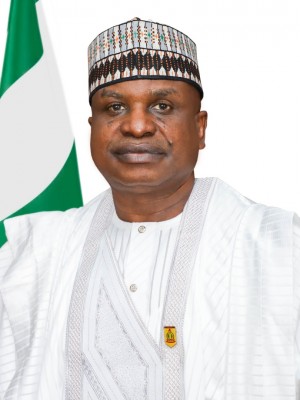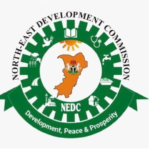The Permanent Secretary of the Ecological Project Office (EPO), Alhaji Shehu Ibrahim, in this interview with journalists in Abuja, said the flooding that ravaged parts of Nigeria this year has caused a spike in the number of requests for ecological projects interventions. He said the EPO has over 3000 requests in its data bank but is constrained by funding. He however said the office is exploring the option of partnering with the private sector to solve the funding challenge. Excerpt:
You have always maintained that the funding you get is not commensurate with the quantum of environmental challenges on ground. So what are you doing to improve funding for the office so that you can intervene in as many communities as possible?
Over the years our funding has reduced; from 100 per cent we have come down to around 55 per cent and you can see that environmental challenges have increased. In our data bank now we have over 300 different requests worth trillions of naira. So funding is an issue; we are looking at different ways of how we can improve our funding. Firstly, we want to partner with the state and local governments so that their share of the fund can help in executing more projects.
Secondly, we want to see how we can work with the private sector. We want to explore ways the private sector can come in and contribute through their various corporate social responsibilities so that we can have improved funding that will allow us to do more projects.
- Tinubu, Wike’s camps meet to finalise deal on 2023
- Recapitalisation, other major events that shaped pension sector in 2022
Will you also be going to the National Assembly to get legislation that will improve the office’s funding?
Recently, the National Assembly had a resolution talking about how they will ensure effective funding for ecological interventions and I think they are also looking at various ways and means to work with us so that we can improve the way we do our things. So we are also looking forward to interacting and partnering with them to see how we can have enough resources to continue to intervene in communities.
What blueprint do you have for managing ecological problems in the country?
From our data bank, we have a lot of information already. So what we usually do is look at what we have; we update what we have and we look at the funding that is available, and we look at the project that we can do. One of the tasks I gave to my management when I came in was to sit and look at the blueprint on ground and see how we can improve it.
How did your office intervene in the 2022 floods that devastated Nigeria, especially that you are a member of the presidential committee on flood?
We have sent teams to go and get us real time data, to find out what actually transpired and how we can intervene so that it will be more useful to the various communities that were affected. We are already working on that particular one and we will give you more details on what and what we have done with regards to our direct intervention in due course.
Secondly, National Emergency Management Agency (NEMA) being part of us and taking part of the ecological fund, their main mandate is the issue of providing relief materials and other kinds of assistance, so it is from that same pool of funds and I am sure Mr President has directed them to provide relief materials for the victims and I am very much aware that they have done that.
Thirdly, as a result of this flooding, the rate of requests coming in for different kinds of intervention has more than doubled and we are working seriously to see how we can meet up with the most urgent ones.

 Join Daily Trust WhatsApp Community For Quick Access To News and Happenings Around You.
Join Daily Trust WhatsApp Community For Quick Access To News and Happenings Around You.

